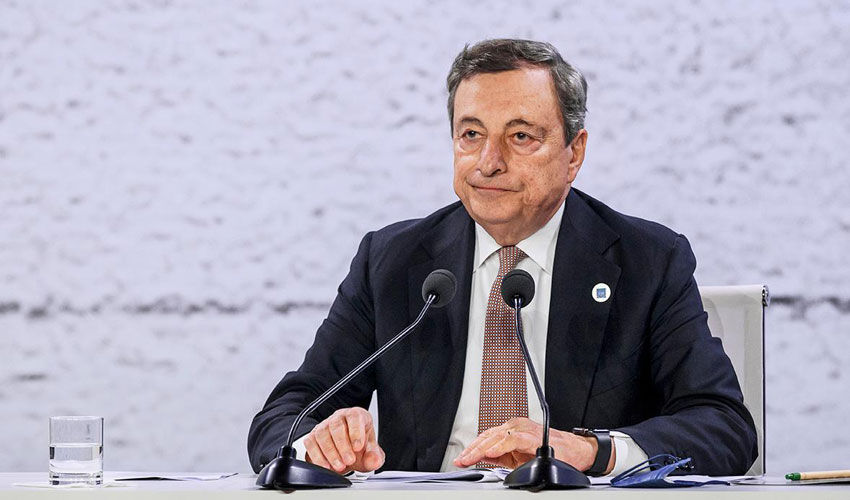
Mario Draghi
As Euronews reminds us, exactly one year has passed since the landmark report by former Italian Prime Minister and ex-president of the European Central Bank Mario Draghi on the EU’s competitiveness. The report called for radical changes to keep up with the US and China.
In the opinion of the report’s author, the EU will have a “supporting role” and slow agony if the community does not take decisive and ambitious measures to increase productivity and modernize its industrial base.
A year ago, Mario Draghi stressed that the era of open trade based on universally recognized rules is over. In this context, Europe needs to develop a new industrial strategy based on less regulation and closer coordination between member states, reducing barriers within the single market and increasing the number of joint investment projects. To realize these plans, the EU needs to find 750-800 billion euros annually for investment.
However, a year after Mario Draghi’s landmark report, European experts are sounding the alarm: Brussels has not heeded his calls and recommendations. “The economic challenges are clear. Europe faces a growing GDP gap with the US, caused by slowing productivity growth and a lack of innovation. Moreover, Europe is now exporting its savings to bolster fixed assets abroad instead of investing at home,” Euronews notes.
“This year we have been waiting to see what happens in Washington and then reacting rather than implementing many of the major projects outlined in the Draghi report,” Miguel Otero, a senior researcher at the Real Instituto Elcano in Madrid, told Euronews.
“Some had hoped that the aggressive trade as well as monetary and financial policies of the Trump administration would prompt EU countries to retaliate. But that hasn’t really happened,” says Pierre Jaillet, an economist at the Institute for International and Strategic Relations (IRIS).
According to him, the August 21 joint US-EU trade statement may have protected the core interests of Europe’s industrial powers, but it falls far short of the EU’s true strategy vis-à-vis Washington.
Andrea Renda, research director at CEPS, put it even more bluntly: “The EU faces potential blackmail from Washington, given the need to secure US support for Ukraine. But this cannot be an excuse for inaction. The longer we wait to diversify our trade relations and remove barriers within the single market, the deeper we risk falling into this abyss.”













